
Find Help
More Items From Ergsy search
-

What happens to my monthly payments if interest rates rise?
Relevance: 100%
-
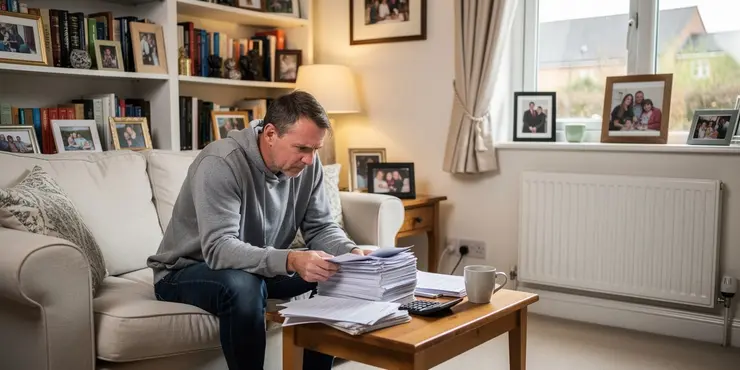
How do interest rate changes affect my mortgage payments?
Relevance: 77%
-
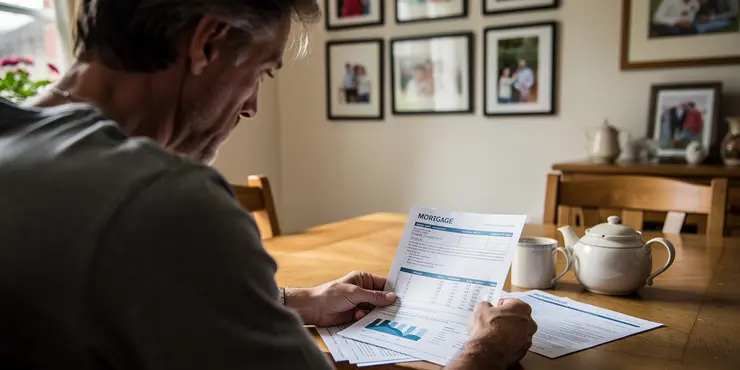
Will my fixed-rate mortgage payments change with interest rate fluctuations?
Relevance: 74%
-

How does interest rate affect my car finance agreement?
Relevance: 67%
-

What should I do if I can't afford my mortgage payments due to rising interest rates?
Relevance: 66%
-

What is a tracker mortgage and how does it respond to interest rate changes?
Relevance: 63%
-

Are first-time buyers affected differently by interest rate changes?
Relevance: 62%
-
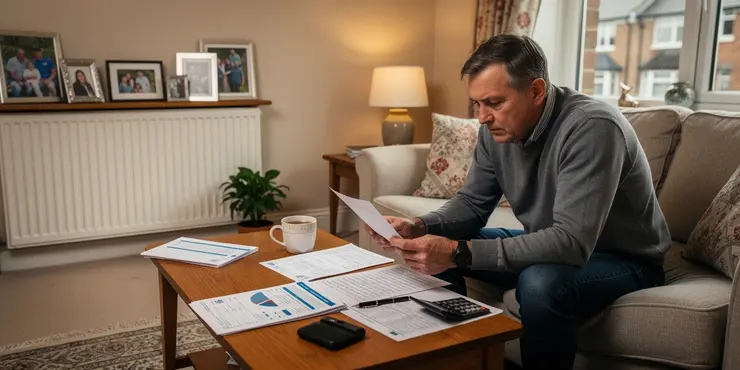
Is it possible to switch my mortgage type if interest rates become unfavourable?
Relevance: 60%
-

Major Banks Announce Changes in Interest Rates: Are You Affected?
Relevance: 58%
-

Can interest rates on student loans be reduced?
Relevance: 58%
-
What is an SVR and how does it relate to interest rate changes?
Relevance: 56%
-

How can I protect myself from rising interest rates?
Relevance: 55%
-
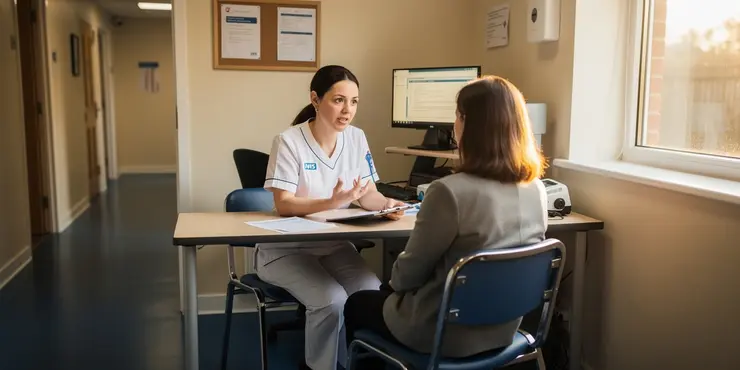
Why do interest rates rise and fall?
Relevance: 54%
-
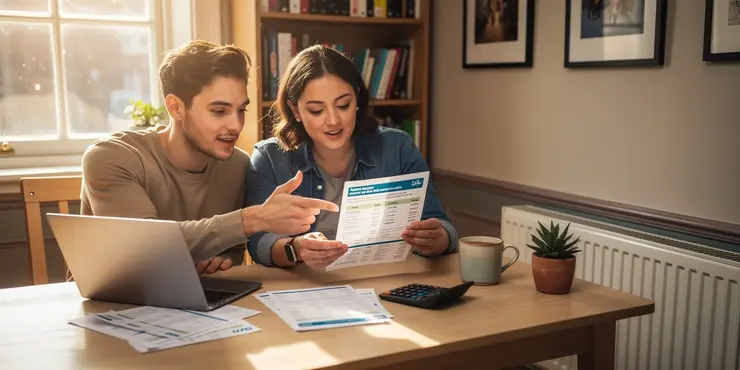
How do better interest rates help me save money?
Relevance: 51%
-

Can my lender change my interest rate without notification?
Relevance: 50%
-
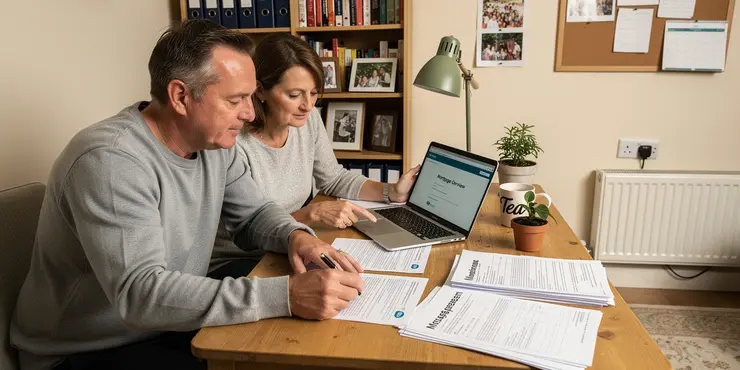
What is an 'interest only' mortgage?
Relevance: 50%
-

How do economic conditions influence interest rate changes?
Relevance: 49%
-
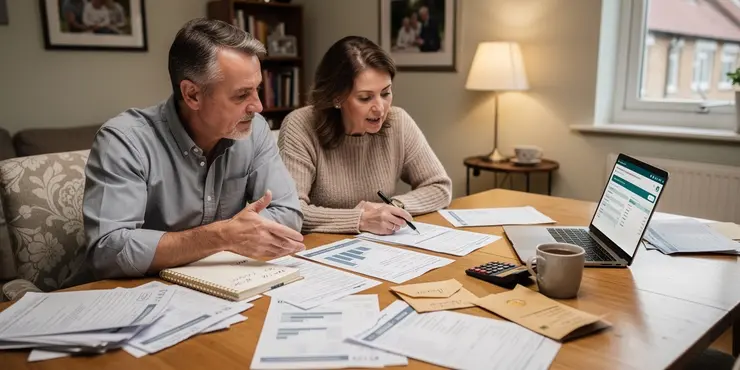
How do better interest rates help me save money?
Relevance: 47%
-

Is there any interest charged on a Time to Pay arrangement?
Relevance: 47%
-

How much would I need in an ISA to generate £2,000 monthly?
Relevance: 43%
-
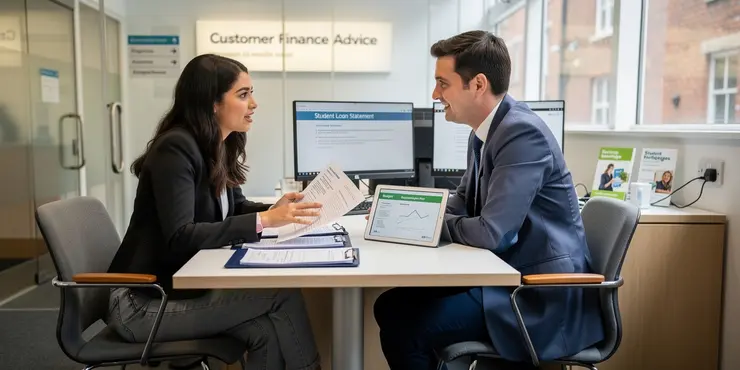
Will interest accrue during deferment?
Relevance: 43%
-

UK House Prices Fall for Third Consecutive Month
Relevance: 43%
-
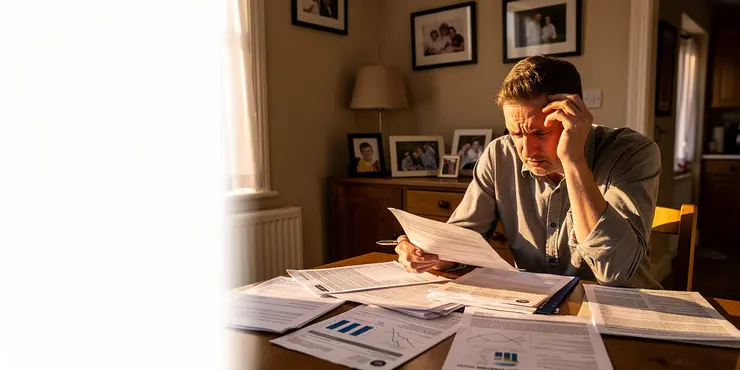
Is there a penalty for late payment of Stamp Duty in the UK?
Relevance: 42%
-
What does it mean to "Fix My Mortgage Rate"?
Relevance: 42%
-

Remortgage within 6 Months on the open market value Residential or Buy to Let Properties
Relevance: 40%
-

What is a 'balloon payment' in a PCP deal?
Relevance: 39%
-

How does loan consolidation help with repayment?
Relevance: 37%
-

Can funeral directors offer payment plans?
Relevance: 36%
-
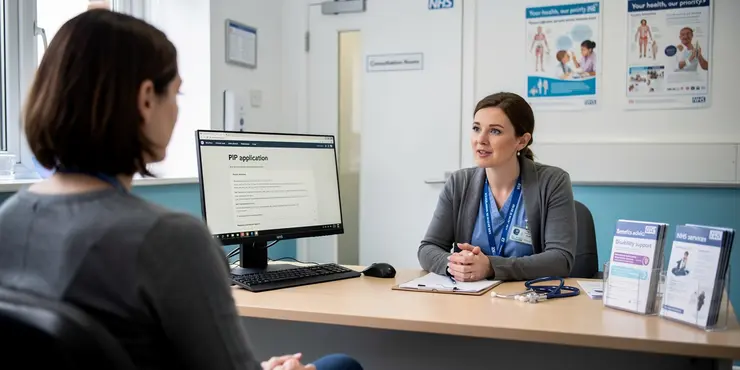
What is Personal Independence Payment (PIP)?
Relevance: 36%
-
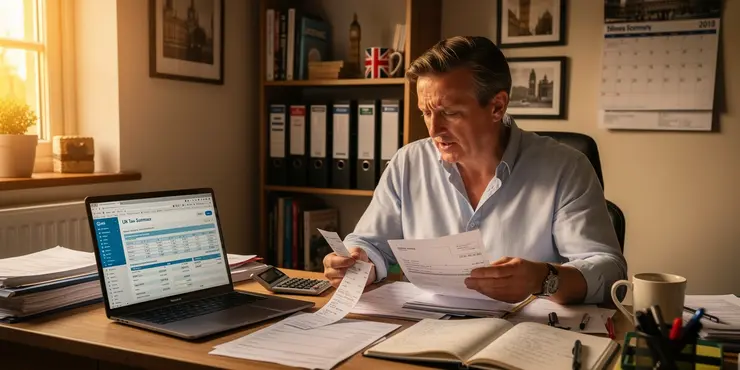
What is a payment on account?
Relevance: 34%
-

What should I look for in my car finance agreement?
Relevance: 34%
-

When will the £500 payment be distributed?
Relevance: 33%
-

How much would I need in an ISA for a £2k monthly passive income?
Relevance: 33%
-
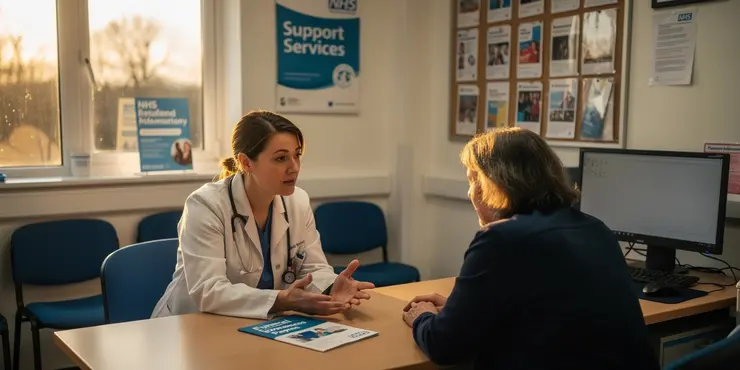
Who is eligible for a Funeral Expenses Payment?
Relevance: 33%
-

Can I receive the payment if I live abroad?
Relevance: 33%
-
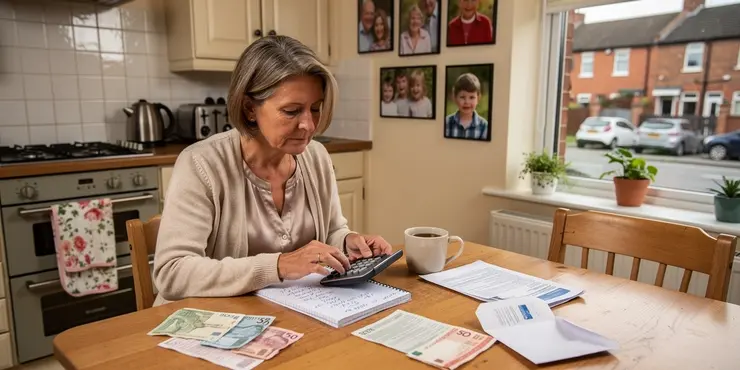
Is the £500 cost of living payment a one-time payment?
Relevance: 33%
-

How long will it take to receive the payment after applying?
Relevance: 32%
-

What is the typical duration of a promotional balance transfer offer?
Relevance: 32%
-

How often do interest rates change?
Relevance: 31%
-

How long can I spread my payments under a Time to Pay arrangement?
Relevance: 31%
Understanding Interest Rates and Monthly Payments
In the UK, many individuals and households rely on various forms of credit, such as mortgages, personal loans, and credit cards. All these credit options typically come with interest rates, which determine the cost of borrowing money over time. Changes in interest rates can significantly impact your monthly payments, especially if you have loans or credit with variable interest rates.
Impact on Variable Mortgages
If you have a variable rate mortgage, such as a tracker mortgage or a standard variable rate mortgage (SVR), your monthly payments are directly tied to the Bank of England base rate or your lender's specific rate. When interest rates rise, your mortgage payments will likely increase. This is because the interest you are required to pay on the outstanding balance of your mortgage loan will go up, thus raising your monthly repayment amount. This can increase financial pressure on households with stretched budgets.
Impact on Fixed-Rate Mortgages
For those with fixed-rate mortgages, the interest rate is locked in for a specified period, typically ranging from two to five years. During this time, your monthly payments remain the same, regardless of changes in the base rate. However, when your fixed-term period ends, you may have to remortgage. If interest rates have risen significantly during your fixed term, you could find that any new mortgage deals available to you come with higher interest rates, resulting in increased monthly payments.
Changes to Personal Loans and Credit Cards
Personal loans in the UK are often taken at a fixed interest rate, meaning that your monthly payments remain the same throughout the term, regardless of how interest rates fluctuate. However, if you have a personal loan with a variable interest rate, any rise in the base rate may increase your monthly payments. Credit cards, on the other hand, usually come with variable rates. If interest rates rise, credit card companies may adjust their interest rates as well, increasing the cost of carrying a balance and potentially increasing minimum monthly payments.
Preparing for Rising Rates
To mitigate the financial impact of rising interest rates, it is advisable to assess your current financial situation and consider potential future changes in interest rates. You might want to explore options like remortgaging before your fixed-rate deal ends or consolidating debts to lock in lower fixed rates. Additionally, creating a budget that anticipates potential rate changes can help manage expenses more effectively. Staying informed and planning ahead can help cushion the potential increase in your monthly payments due to rising interest rates.
Understanding Interest Rates and Monthly Payments
In the UK, many people use credit like mortgages, personal loans, and credit cards to help pay for things. These credits usually have interest rates. Interest rates are the extra money you pay to borrow money. If interest rates change, your monthly payments can change too. This is important if your loan has a variable interest rate, which can go up or down.
Impact on Variable Mortgages
If you have a variable mortgage, your monthly payments can change when interest rates change. This is often linked to the Bank of England's rate. When the rate goes up, you may have to pay more each month. This can be hard if you already have a tight budget. Your payments go up because the interest on your mortgage loan increases.
Impact on Fixed-Rate Mortgages
If you have a fixed-rate mortgage, your interest rate stays the same for a few years, usually two to five. This means your monthly payments stay the same, even if interest rates change. But when this fixed time ends, you may need a new mortgage deal. If rates have gone up, your new payments might be higher.
Changes to Personal Loans and Credit Cards
Personal loans usually have a fixed interest rate, so your payments stay the same. But if your loan has a variable rate, a rise in interest rates could mean higher monthly payments. Credit cards often have rates that can change. If interest rates go up, you might have to pay more on any balance you owe, which can mean higher minimum payments.
Preparing for Rising Rates
To handle possible higher rates, check your finances now. Think about options like getting a new mortgage before your fixed rate ends, or putting loans together to get a lower fixed rate. Make a budget that considers possible changes. Planning ahead can help make sure you're ready if rates rise and your monthly payments go up.
Frequently Asked Questions
How does an interest rate increase affect my monthly payments?
An interest rate increase can result in higher monthly payments for loans with variable interest rates, while fixed-rate loans remain unaffected.
Will my fixed-rate mortgage payment change if interest rates rise?
No, fixed-rate mortgage payments remain the same regardless of changes in interest rates.
Does a rise in interest rates impact variable-rate loans?
Yes, variable-rate loans are directly affected by interest rate changes, leading to increased monthly payments.
How can I protect myself from rising interest rates?
Consider refinancing to a fixed-rate loan or adjusting your budget to accommodate potential payment increases.
What happens to my credit card payments if interest rates rise?
If your credit card has a variable rate, your payments may increase with higher interest rates.
Are student loans affected by interest rate changes?
Variable-rate student loans will see payment increases, while fixed-rate loans remain unchanged.
How do rising interest rates affect car loans?
Most car loans are fixed-rate, so payments typically remain unchanged; however, new loans may be more expensive.
What should I do if I'm struggling with higher payments due to rate increases?
Contact your lender to discuss options like refinancing or restructuring your loan.
Can my monthly mortgage payment decrease if interest rates drop?
Your monthly payment will decrease only if you have a variable rate mortgage; fixed-rate loans remain the same.
How often do variable interest rates change?
Variable interest rates can change regularly, often in response to central bank rate adjustments.
Does an increase in interest rates affect my savings accounts?
Yes, you might earn more interest on your savings if rates rise, which can offset higher loan payments.
Will I be notified if my interest rate changes?
Lenders usually provide notification of changes to interest rates that impact your loan payments.
Is it possible to negotiate my loan terms if interest rates rise?
You can always attempt to negotiate, but the outcome depends on your lender's policies and your loan agreement.
How do rising interest rates influence mortgage refinancing?
Higher interest rates can make refinancing less attractive, but it may still benefit those seeking fixed rates.
What is a rate cap in a variable-rate loan?
A rate cap limits how much the interest rate can increase per period or over the loan's life.
Will my home equity line of credit (HELOC) payments change with interest rates?
Yes, HELOCs typically have variable rates, so payments will adjust with interest rate changes.
Should I pay extra towards my loan principal if rates are rising?
Paying extra can reduce your principal balance and help offset future interest cost increases.
Are personal loans affected by interest rate changes?
If you're on a variable-rate personal loan, your payments may increase. Fixed-rate personal loans are unaffected.
Can insurance premiums be affected by rising interest rates?
Insurance premiums are generally not directly affected by interest rate changes as they are not loans.
Is it advisable to consolidate debt if interest rates are rising?
Consolidating debt at a lower fixed rate might be beneficial to avoid variable rate increases.
What happens to my monthly payments if interest rates go up?
When interest rates go up, you might have to pay more money each month for things like loans or credit cards.
Here’s how:
- If you have a loan, like a car loan, the amount you pay each month might get bigger.
- If you use a credit card, your bill might be higher if the interest rate goes up.
It is important to check any letters or messages from your bank. They will let you know if your payments are changing.
You can ask a family member or a friend for help understanding this, or use a calculator to see how much more you might need to pay.
If interest rates go up, people with loans that have changing rates might have to pay more money each month. But people with loans that have fixed rates will pay the same amount.
Will my fixed-rate mortgage payment go up if interest rates do?
No, if you have a fixed-rate mortgage, your payments stay the same even if interest rates change.
Do higher interest rates change variable-rate loans?
Yes, if you have a loan with a changing interest rate, your payments will go up when interest rates go up.
How can I keep safe from rising interest rates?
Interest rates are like a cost for borrowing money. When they go up, things can get more expensive. Here is how you can protect yourself: 1. **Learn About Your Money** Understand what you spend and save. Make a simple list. 2. **Make a Plan** Write down how you will manage your money if costs go up. 3. **Save Money** Try to save a little money each week. It can help you when things get expensive. 4. **Ask for Help** Talk to someone you trust, like a family member or a friend. You can also speak to a money helper like a financial advisor. 5. **Use Helpful Tools** Use a calculator to plan your money. You can find easy ones online or ask someone to help you. By doing these things, you can feel more relaxed about rising costs.Think about changing your loan to one with a fixed rate. This means your payments will stay the same each month.
You can also change how you spend your money to make sure you can pay for any increases.
Try using tools like a budget app or talking to a money expert who can help you make a plan.
What happens to my credit card payments if interest rates go up?
If interest rates go up, you might have to pay more money on your credit card. This means the extra cost for borrowing money can be higher.
Here are some things you can do:
- Pay off as much as you can each month. This helps keep costs down.
- Try to spend less on your credit card.
- Use a calculator to see how much you need to pay. This can help you plan better.
- Ask someone you trust for help if you find it confusing.
If your credit card has a changing rate, you might have to pay more money if the interest rate goes up.
Do student loans change when interest rates go up or down?
If you have a student loan with a rate that can change, you might have to pay more money soon. But if your loan has the same rate all the time, your payment won't change.
What happens to car loans when interest rates go up?
Most car loans have the same interest rate for the whole time, so your payments usually stay the same. But if you get a new loan, it might cost more money.
What can I do if I have trouble with higher payments because rates went up?
Talk to the person or company you borrowed money from. You can ask them about changing your loan to make it easier to pay back.
Can my monthly mortgage payment go down if interest rates drop?
Your monthly payment will only go down if your mortgage rate can change. If your mortgage rate stays the same, your payment will not go down.
How often do changing interest rates go up or down?
Changing interest rates can go up or down. It can happen on:
- Every day
- Every month
- At any time
Some things that can help you understand:
- Ask someone you trust to explain.
- Use videos or pictures to see how it works.
Variable interest rates can go up or down. They often change because the central bank changes its rates.
Do higher interest rates change my savings?
When banks raise interest rates, you might earn more money on your savings. This is good because your savings can grow faster.
It can help to talk to someone in your bank or ask a family member if you're unsure. They can explain more.
Using a calculator can also show you how much extra money you might get with the new interest rate.
If rates go up, you might get more money from interest on your savings. This can help you pay higher loan bills.
Will you tell me if my interest rate changes?
If the interest rate changes, we will let you know. This means we will tell you if the cost of borrowing money goes up or down.
You can use tools like calendar reminders to help you remember. You can also ask someone you trust to help you understand the changes.
Banks or lenders will tell you if the interest rate changes. This could change how much you need to pay for your loan.
Can I Change My Loan If Interest Rates Go Up?
If the cost to borrow money goes up, you might want to change your loan. You can try to talk to your bank or loan company to see if they can help. This is called negotiating. You can ask them if you can pay less each month or change how long you have to pay it back.
Here are some tips to help you:
- Talk to someone who knows about money, like a financial advisor.
- Write down what you want to ask the bank.
- Ask questions if you do not understand something.
You can always try to talk and make a deal, but what happens next depends on your lender's rules and your loan paper.
How do higher interest rates change home loan refinancing?
Let’s talk about what happens when interest rates go up.
Interest rates are like the extra money you pay to borrow money.
Home loan refinancing means changing your home loan to get a better deal.
When interest rates go up, your home loan can become more expensive.
If you want to change your home loan to save money, it might be harder when rates are high.
Here are some tips that might help:
- Use a calculator online to see how much you can save.
- Talk to a money expert or a bank for advice.
- Look for deals that might offer lower rates.
Remember, it’s okay to ask for help to understand your choices!
Getting a loan with a higher interest rate can make people not want to change their loan. But if you want a loan with fixed rates, it might still be a good idea.
What is a rate cap in a variable-rate loan?
A rate cap is a limit on how much the interest rate can go up in a loan with a changing interest rate. It helps keep your payments from getting too high.
Tools you can use to help understand are:
- Charts and diagrams
- Simple explanations from someone you trust
- Apps that read text out loud
A rate cap is a rule. It stops the interest rate from going up too much at one time or over the whole time you have the loan.
Will my home equity line of credit (HELOC) payments change if interest rates go up or down?
Here is a simple way to find out: Check the interest rate on your HELOC. If it can change, then your payments might go up or down too.
Tools you can use:
- Ask your bank for help. They can explain how your payments might change.
- Use a calculator online to see how different interest rates change your payments.
Yes, a HELOC usually has rates that can go up and down. This means payments can change when interest rates change.
Should I pay extra on my loan if interest rates go up?
Do you have a loan where you borrow money, like for a house or car?
Interest rates are like a fee for borrowing that money. Sometimes these fees can get higher.
If the fees (interest rates) get bigger, it might be smart to pay more money on the loan now. This can save you money later.
Ask someone you trust or use a calculator to see if paying more is good for you. You can also find online tools or apps to help figure this out.
Paying more money can make the amount you owe smaller. This can also help you pay less interest in the future if costs go up.
Do interest rates change personal loans?
Interest rates are the extra money you pay when you borrow money. If these rates go up or down, the cost of your loan can change too. Here are some tools and tips to help you:
- Calculator tool: Use online calculators to see how changes in interest affect your loan.
- Ask for help: Talk to a bank worker if you are unsure and want to know more.
If you have a loan with payments that change, you might have to pay more. But, if your loan has fixed payments, they will not change.
Do rising interest rates change how much I pay for insurance?
Interest rates usually won't change how much you pay for insurance because insurance payments aren't loans.
Should you combine your debts when interest rates go up?
If you have loans or credit card debt, you might think about putting them together into one big loan. This is called "consolidating debt."
When interest rates rise, it means you might pay more money to borrow. Here are some things to think about:
- Check Costs: Make sure the new loan costs less than your current debts.
- Look at Rates: Compare the interest rates now and what they might be later.
- Ask for Help: Talk to a money expert if you need advice.
To make reading easier, try these tips:
- Read slowly.
- Use tools like text-to-speech apps.
- Ask someone to explain things if you're unsure.
Bringing all your debts together into one loan with a lower, steady interest rate can be a good idea. This helps you avoid paying more if interest rates go up.
Useful Links
This website offers general information and is not a substitute for professional advice.
Always seek guidance from qualified professionals.
If you have any medical concerns or need urgent help, contact a healthcare professional or emergency services immediately.
Some of this content was generated with AI assistance. We’ve done our best to keep it accurate, helpful, and human-friendly.
- Ergsy carfully checks the information in the videos we provide here.
- Videos shown by Youtube after a video has completed, have NOT been reviewed by ERGSY.
- To view, click the arrow in centre of video.
- Most of the videos you find here will have subtitles and/or closed captions available.
- You may need to turn these on, and choose your preferred language.
- Go to the video you'd like to watch.
- If closed captions (CC) are available, settings will be visible on the bottom right of the video player.
- To turn on Captions, click settings .
- To turn off Captions, click settings again.
More Items From Ergsy search
-

What happens to my monthly payments if interest rates rise?
Relevance: 100%
-

How do interest rate changes affect my mortgage payments?
Relevance: 77%
-

Will my fixed-rate mortgage payments change with interest rate fluctuations?
Relevance: 74%
-

How does interest rate affect my car finance agreement?
Relevance: 67%
-

What should I do if I can't afford my mortgage payments due to rising interest rates?
Relevance: 66%
-

What is a tracker mortgage and how does it respond to interest rate changes?
Relevance: 63%
-

Are first-time buyers affected differently by interest rate changes?
Relevance: 62%
-

Is it possible to switch my mortgage type if interest rates become unfavourable?
Relevance: 60%
-

Major Banks Announce Changes in Interest Rates: Are You Affected?
Relevance: 58%
-

Can interest rates on student loans be reduced?
Relevance: 58%
-
What is an SVR and how does it relate to interest rate changes?
Relevance: 56%
-

How can I protect myself from rising interest rates?
Relevance: 55%
-

Why do interest rates rise and fall?
Relevance: 54%
-

How do better interest rates help me save money?
Relevance: 51%
-

Can my lender change my interest rate without notification?
Relevance: 50%
-

What is an 'interest only' mortgage?
Relevance: 50%
-

How do economic conditions influence interest rate changes?
Relevance: 49%
-

How do better interest rates help me save money?
Relevance: 47%
-

Is there any interest charged on a Time to Pay arrangement?
Relevance: 47%
-

How much would I need in an ISA to generate £2,000 monthly?
Relevance: 43%
-

Will interest accrue during deferment?
Relevance: 43%
-

UK House Prices Fall for Third Consecutive Month
Relevance: 43%
-

Is there a penalty for late payment of Stamp Duty in the UK?
Relevance: 42%
-
What does it mean to "Fix My Mortgage Rate"?
Relevance: 42%
-

Remortgage within 6 Months on the open market value Residential or Buy to Let Properties
Relevance: 40%
-

What is a 'balloon payment' in a PCP deal?
Relevance: 39%
-

How does loan consolidation help with repayment?
Relevance: 37%
-

Can funeral directors offer payment plans?
Relevance: 36%
-

What is Personal Independence Payment (PIP)?
Relevance: 36%
-

What is a payment on account?
Relevance: 34%
-

What should I look for in my car finance agreement?
Relevance: 34%
-

When will the £500 payment be distributed?
Relevance: 33%
-

How much would I need in an ISA for a £2k monthly passive income?
Relevance: 33%
-

Who is eligible for a Funeral Expenses Payment?
Relevance: 33%
-

Can I receive the payment if I live abroad?
Relevance: 33%
-

Is the £500 cost of living payment a one-time payment?
Relevance: 33%
-

How long will it take to receive the payment after applying?
Relevance: 32%
-

What is the typical duration of a promotional balance transfer offer?
Relevance: 32%
-

How often do interest rates change?
Relevance: 31%
-

How long can I spread my payments under a Time to Pay arrangement?
Relevance: 31%


